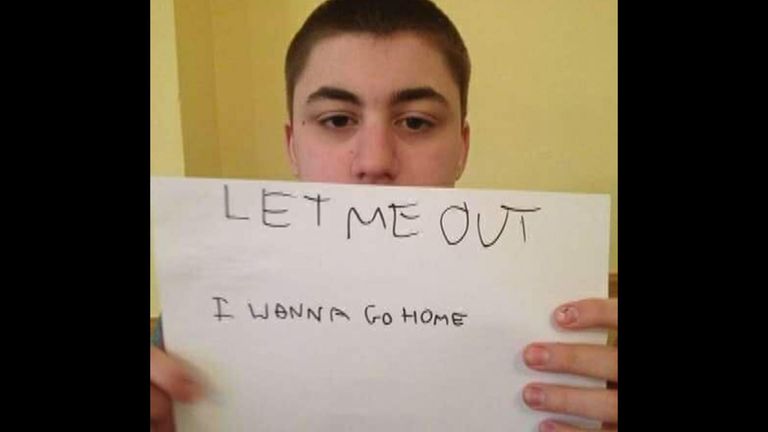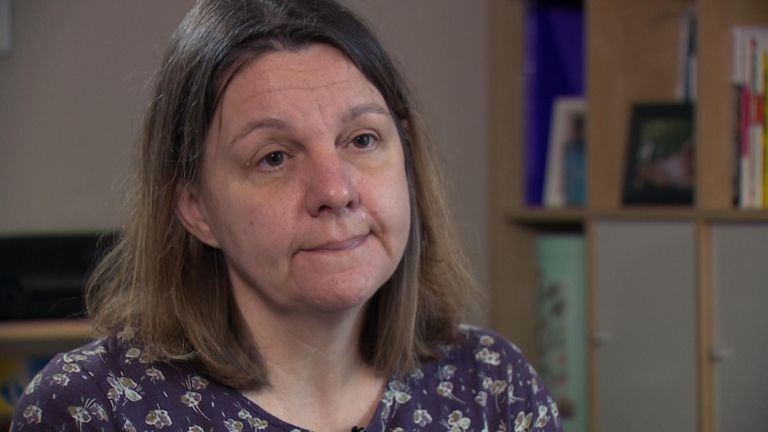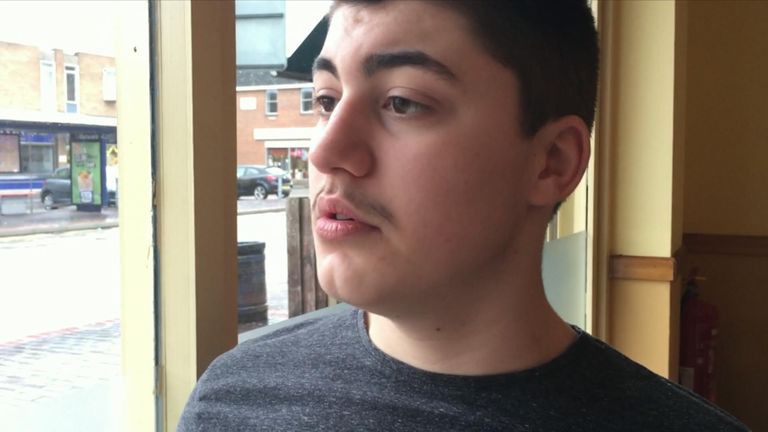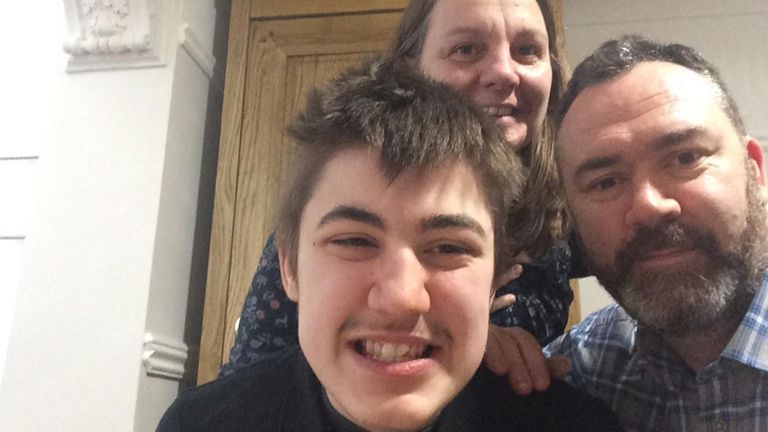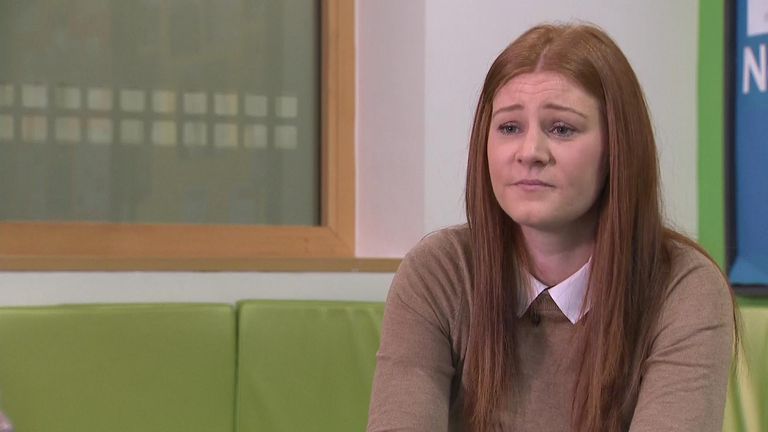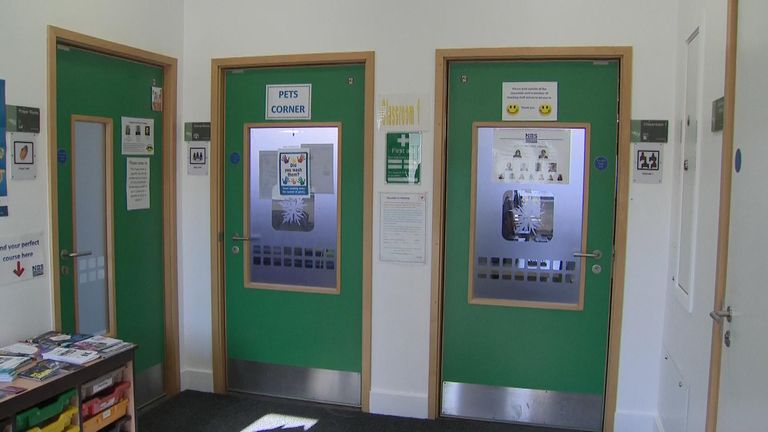Teens in temporary mental health units ‘for more than a year’
More than half of young people admitted to short stay mental health units are being kept there for longer than the recommended maximum stay of six weeks, Sky News can reveal.
Some young people end up staying in the units for months, or more than a year.
According to campaigners and parents, such long stays are damaging the development of vulnerable young people.
Psychiatric intensive care units (PICUs) are acute hospital wards which admit people who have reached crisis point. Patients may be suicidal, violent or experiencing psychotic episodes.
The intention is to bring crises quickly under control and discharge patients to other lower secure units or back into the community.
The maximum recommended length of stay according to guidelines form the National Association of Psychiatric Intensive Care Units is six weeks.
This is largely because, as short-term units, they are not equipped to support the longer-term educational and developmental needs of the children admitted.
Despite this 53% of of young people who stayed in PICUs last year were there for six weeks or longer. On NHS units this figure was 48%, rising to 57% on private ones.
But even more worrying are those staying for greatly extended periods. Across NHS and private wards last year 29% of young people were stuck for three months or longer, 10% for six months or longer, and 11 children stayed on PICU wards for over a year.
Isabelle Garnett’s son Matthew was one of them. He was 15 at the time and is severely autistic. After a violent outburst at home he was sectioned and ended up in a PICU ward within a private hospital.
The family were told he would probably only stay on the PICU for about 24 hours before being transferred to a specialist autism unit. He ended up staying for seven months.
“While Matthew was there he deteriorated catastrophically,” says Mrs Garnett. “The freezing ‘fear response’, when someone becomes so frightened they literally freeze in fear, that was happening a lot more, he wasn’t himself at all.
“He ballooned in weight. He didn’t understand why he was there, he thought he was in prison.
“He was very depressed actually, he found it more and more difficult to get out of bed.”
She claims that while he was there his development took significant steps backwards and that he had little access to educational support and no autism specific care.
She says Matthew was traumatised by the experience and doubts he’ll ever get over it.
She said: “Leaving him somewhere where I felt he was not understood and where his needs weren’t being met and where I felt he was in danger was the most horrific experience for any parent, it was like my whole body was screaming when I left that place and I couldn’t take him out because if I had I would have been arrested.”
Campaigners say the reason for these extended stays is often bed blocking and lack of care in the community – there is often nowhere to discharge these young people to.
Marc Bush, director of evidence and policy at YoungMinds, said: “We’ve had decades of historic underfunding of children’s mental health and models of care are really out of date.
“Now is an important moment where we should rethink the role of hospital and specialist care, providing more community-based care, making sure when someone presents in crisis they get treatment at that moment.”
There aren’t many PICUs in the country but there are some examples of good care.
Ferndene hospital in Northumberland runs one of the only PICUs in the country with an outstanding rating from the regulator the Care and Quality Commission.
It says its focus is on equipping young people with the skills they need to manage elsewhere and hold a daily meeting with everyone involved in a child’s care to ensure no one stays longer than they need to.
Jamie-Lee Sanderson, ward manager at the Ferndene PICU, said: “Young people who come here are in a crisis situation.
“As soon as we see progress we take positive risks to move them on quickly to build resilience for these young people.
“I think staying in a PICU environment you become protected by that environment. What we want to do is build resilience so that they can manage in community services.”
Source: Read Full Article
